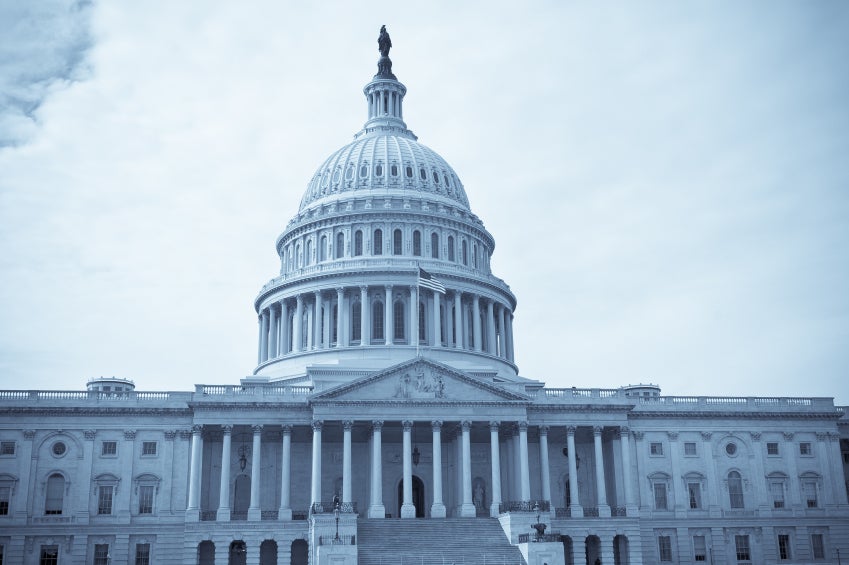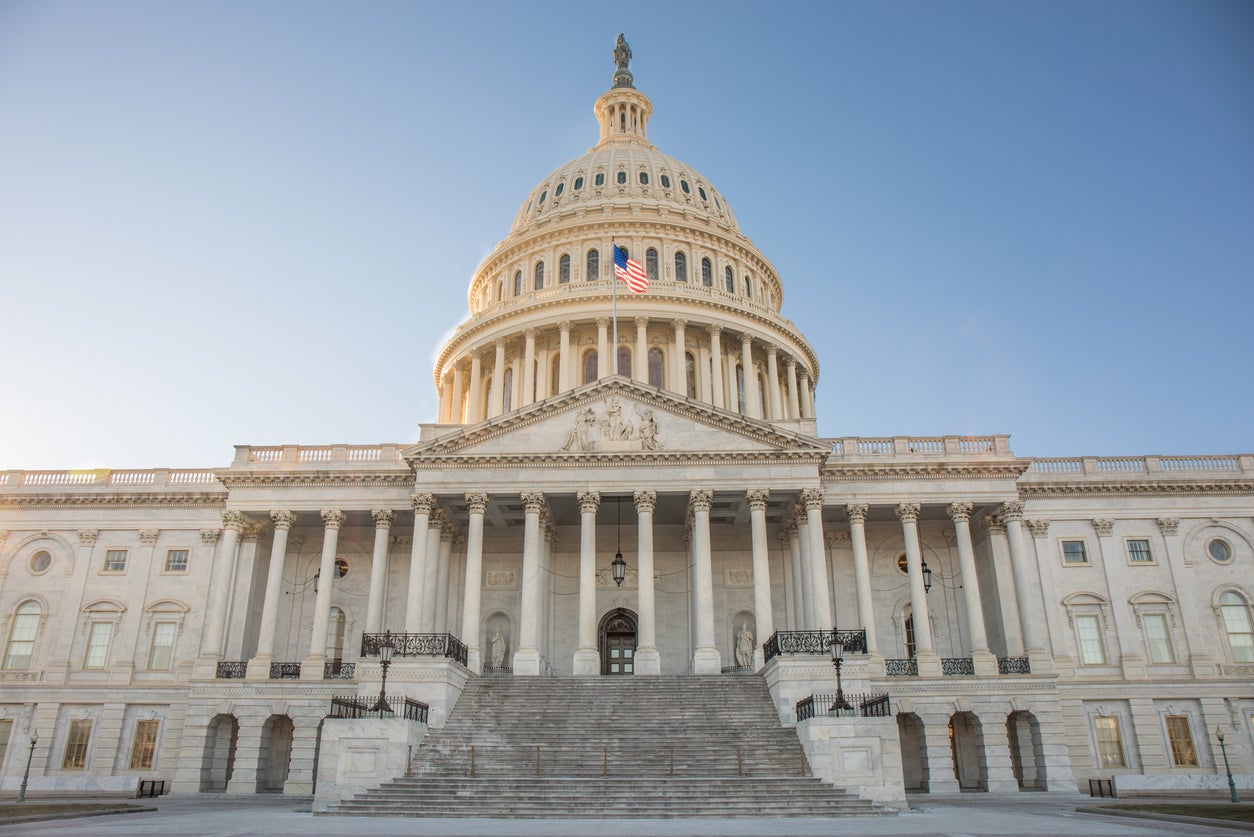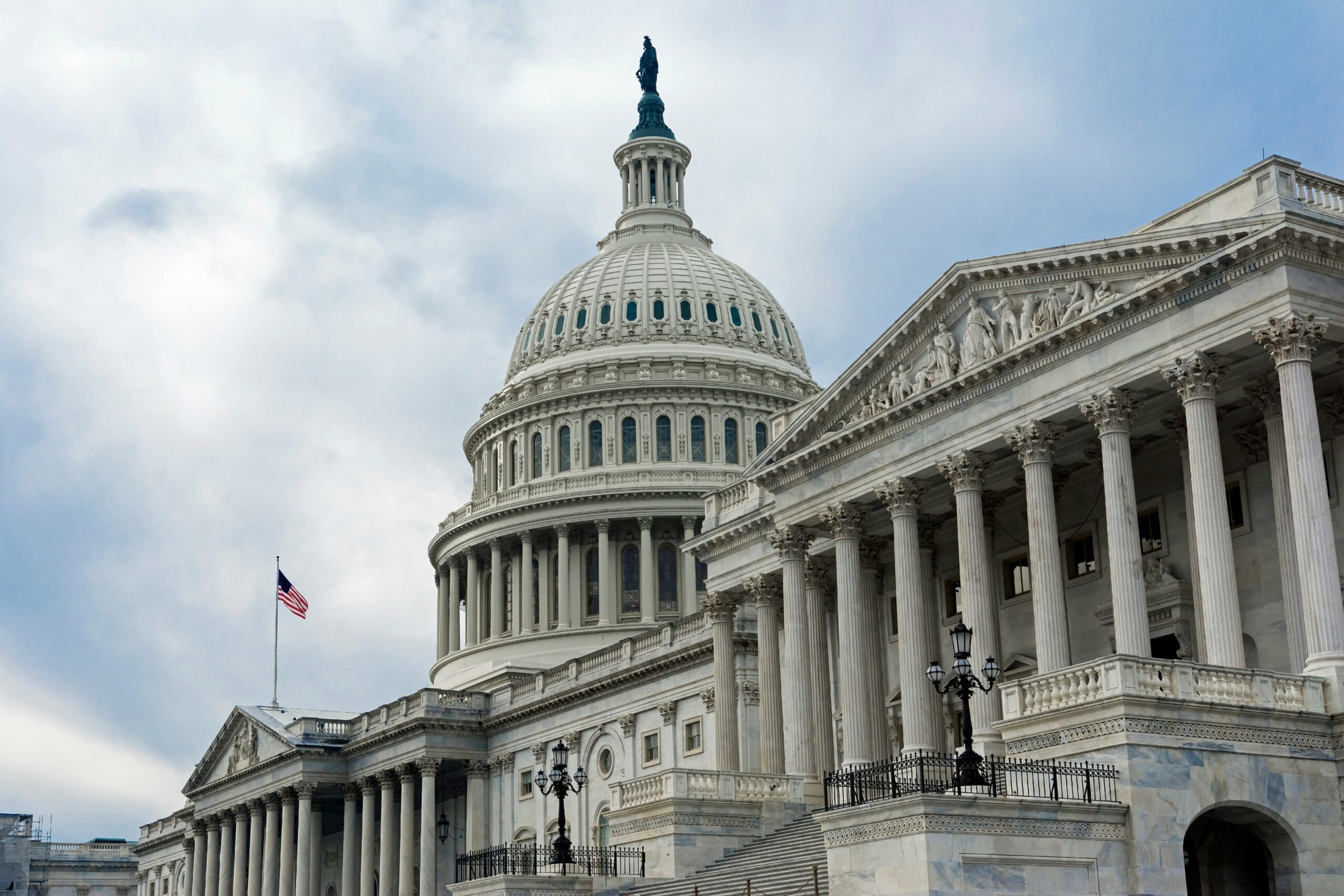Joint Trades Letter for Senate Judiciary Hearing on Interchange Rates

Statement for the Record
On behalf of the American Bankers Association, Bank Policy Institute, Consumer Bankers Association, Credit Union National Association, and National Association of Federally-Insured Credit Unions before the United States Senate Committee on the Judiciary
On behalf of their thousands of card-issuing members, the American Bankers Association, Bank Policy Institute, Consumer Bankers Association, Credit Union National Association, and National Association of Federally-Insured Credit Unions appreciate the opportunity to submit a statement for the record for the hearing titled “Excessive Swipe Fees and Barriers to Competition in the Credit and Debit Card Systems.”
This hearing is about the following moment of everyday life: a customer approaches a merchant with a payment card and the merchant accepts it as payment. Right then, the customer and merchant access a vast, sophisticated, and costly messaging apparatus, data flows through protected channels, money moves instantly, and the customer is assured that their purchase is protected if there is a problem. The merchant is paid faster and more easily than by check or cash, and the customer has access to myriad benefits and protections they would not get through those older methods.
And the question becomes: who pays for all of this?
We believe that the consumer should always pay last and that the two commercial parties to the transaction — the financial institution and the merchant — will cover the vast majority of transaction costs in a market-driven card ecosystem. Unfortunately, some large merchants seek to use political pressure to increase their margins. For them, the answer to the question of who should pay is simple: anyone and everyone, except them.
Interchange regulation, both rate caps and routing requirements, is about creating a world where transaction costs are disproportionately borne by the non-merchant parties to the card-based payment transactions, notwithstanding the fact the merchant receives the most value from card-based payments. The Durbin Amendment, as implemented by Regulation II, imposes rate caps on non-exempt debit card issuers, prohibits all issuers and networks from restricting the number of networks over which debit transactions may be processed to less than two unaffiliated networks, and prohibits all issuers and networks from inhibiting a merchant’s ability to direct the routing of a debit transaction over any network that the issuer has enabled to process it. The Durbin Amendment shifted the burden of merchants’ normal contributions onto debit card customers and their banks. While presented as “fairness,” the law has made payments more regressive and expensive for consumers, many small businesses, and community banks, while ensuring big merchants pay as little as possible. Merchants promised Congress they would lower prices after the Durbin Amendment passed, but did not. Having misled Congress and the American people once, merchants again promise that they will lower prices if Congress intervenes on credit card interchange. The reality is that they won’t — and they have already acknowledged as much publicly on earnings calls and in other forums.
To read full statement, click here.



